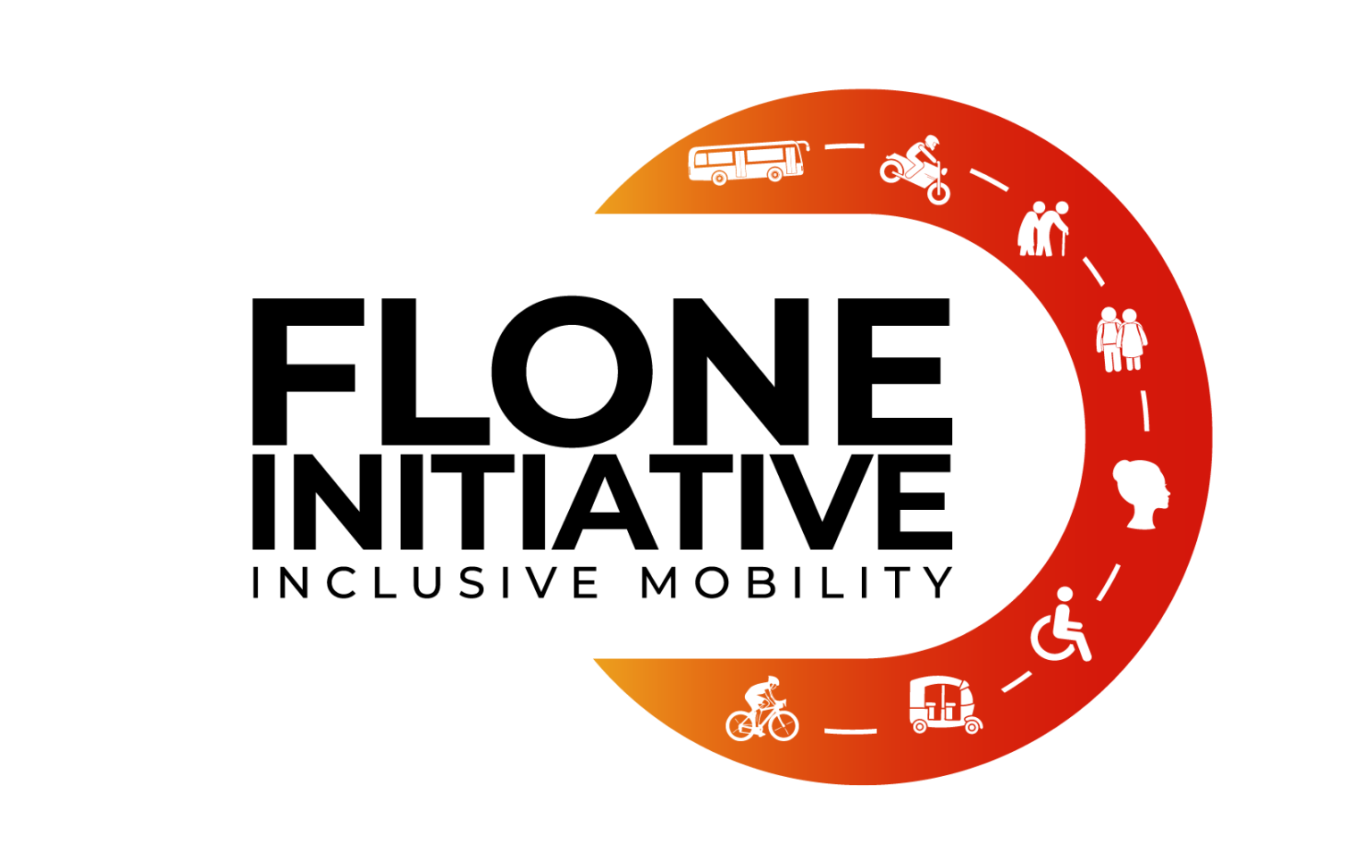The 2- and 3-wheeler sector is more than just boda bodas and tuk-tuks. It is a multi-billion-shilling industry supporting over 2.5 million Kenyans and contributing about KES 600 billion annually, roughly 4.4% of Kenya’s GDP. Beyond transport, it is an engine of livelihoods and economic growth. Yet, for women, stepping into this space remains a road filled with barriers.
Flone Initiative recently conducted a baseline survey to explore sustainable, gender-responsive financing models that could open doors for women to access and own boda bodas and tuk-tuks. The findings revealed persistent challenges: high deposits and lack of collateral, exclusion from vehicle design processes, complex loan applications, stereotypes, safety concerns, hidden charges, theft, accidents, and even gender-based violence. These barriers underline the urgency of building inclusive, innovative, and affordable financing models.
To turn insight into action, Flone Initiative brought together women riders, vehicle manufacturers, and financiers in a field visit that sparked dialogue and connection. For many women, this was the first time they could directly engage with financiers and manufacturers, asking questions about repayment terms, after-sales support, and safety. These conversations offered clarity and confidence, showing that women are not just participants but potential investors and leaders in the sector.
The journey did not end there. Training sessions followed, focusing on business management, financial literacy, and confidence-building. Women learned how to budget, save, manage debt, and invest wisely. For some, it was a transformative moment. Members of table banking groups began practicing new discipline reducing risky borrowing and embracing healthier savings habits. Pre- and post-training surveys confirmed an increase in knowledge and confidence to engage with financial institutions.
These trainings built on Flone Initiative’s existing work with table banking groups. Since 2021, eight groups with 95 women in transport across Nairobi, Machakos, and Nakuru have been saving and investing together. For many women, table banking and chamas have become lifelines second only to mobile money in providing access to financial support. The next milestone is digitizing these records to grow collective savings, foster business expansion, and make asset ownership a reality for even more women.
The road ahead is clear: when women gain access to financing and ownership, communities thrive. Flone Initiative remains committed to advocating for gender-responsive financing models, supporting inclusive vehicle design, expanding access to savings through technology, and empowering women in transport to drive not just vehicles, but lasting economic transformation.
